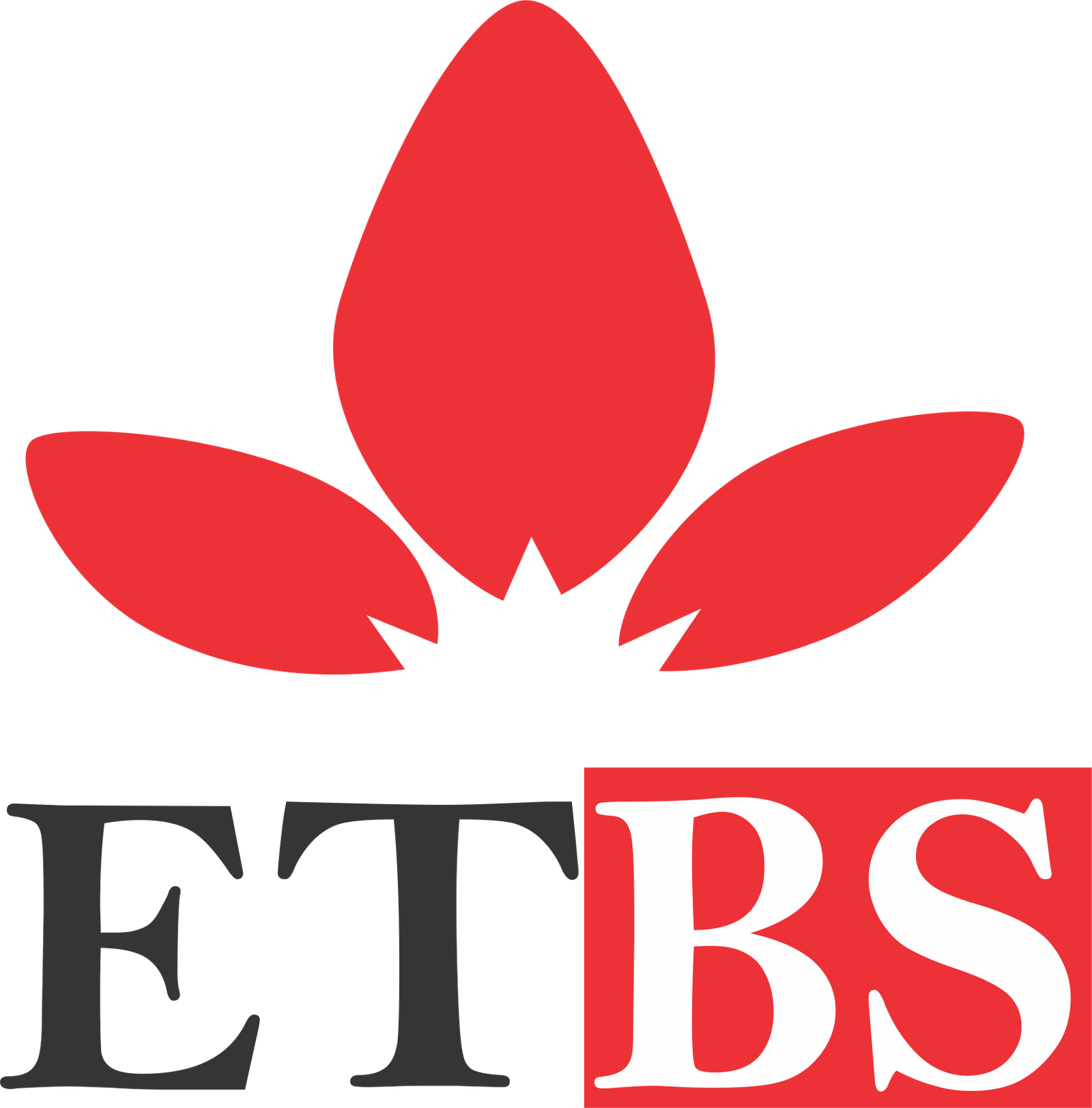 EarthTab Business School
EarthTab Business School
☰
|

Tourism and hospitality have evolved from being leisure-driven concepts into robust, service-intensive industries encompassing leisure, business, cultural, eco, heritage, culinary, religious, adventure, and health tourism. This course explores these components through the lens of global interconnectivity, cultural exchange, sustainability, service delivery, customer experience, operations management, and entrepreneurship. You will examine the intersection of tourism and hospitality, two industries that are interdependent yet distinct in operational structure. The curriculum spans local, regional, national, and international tourism systems; types of tourists and motivations; the role of hospitality in enriching travel experiences; and the socio-economic, cultural, environmental, and political impacts of tourism development. The course also introduces you to the organizational structure of hospitality institutions, including hotels, resorts, restaurants, cruise ships, and travel agencies. It explores back-of-house and front-of-house operations, the significance of quality customer service, food and beverage management, lodging operations, event and conference planning, and modern trends such as sustainable hospitality and smart tourism technologies. By the end of this course, you will possess a comprehensive understanding of: The structural framework of the global tourism system The supply and demand dynamics within tourism markets Key sectors of the hospitality industry and their interrelationship with tourism The value chain in travel, accommodation, food, and recreation services Sustainable development and ethical considerations in tourism Cultural sensitivity and its role in service delivery Technological innovation and digital transformation in tourism and hospitality Careers and entrepreneurship in tourism and hospitality Upon successful completion, you will be able to: Define and explain the key concepts of tourism and hospitality. Differentiate between the various types of tourism (domestic, international, mass, niche). Analyze the core sectors of the tourism system: attractions, transportation, accommodation, travel intermediaries, and destination organizations. Describe the structure, operations, and services in the hospitality industry. Assess the role of tourism in socio-cultural, environmental, and economic development. Understand the importance of customer experience, service quality, and hospitality ethics. Explore sustainable practices in tourism and hospitality operations. Evaluate the influence of technology on the modern travel and hospitality landscape. Demonstrate awareness of global tourism trends, policies, and regulations. Identify career opportunities and entrepreneurial pathways in tourism and hospitality.Course Overview :
Welcome To EarthTab Business School. My Name Is Aarav Patel And I Will Be Your Course Preceptor For The Course, Introduction To Tourism And Hospitality.
The Introduction to Tourism and Hospitality course offers an in-depth foundation into one of the most dynamic, fast-growing, and multifaceted industries in the global economy. This course provides a thorough understanding of the historical evolution, theoretical frameworks, core concepts, practical operations, and emerging trends that define the tourism and hospitality sectors. It equips you with both academic knowledge and industry-relevant insights, laying the groundwork for advanced studies or immediate entry into various roles within the tourism and hospitality fields.
Course Learning Objectives
I Look Forward To Congratulating You Upon Completion Of This Course

Unlocking Professional Potential through world-class assessments and industry-ready training.
"Empowering Professionals through practical, accessible online business education"
- Blessing Princess Agho
 Founder/Lead Instructor
Founder/Lead Instructor